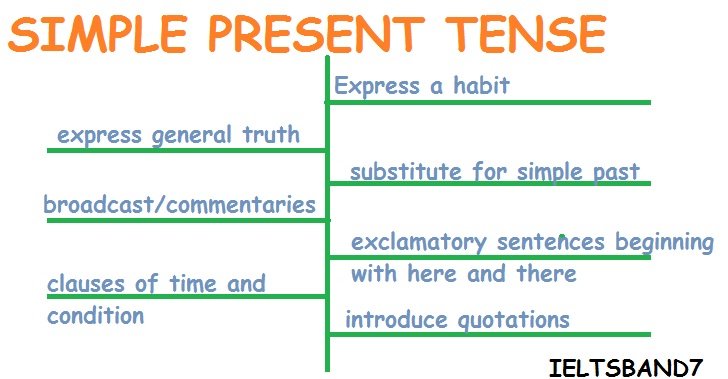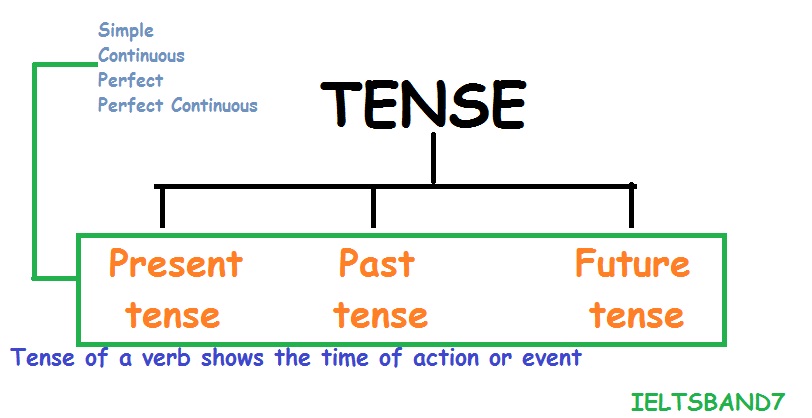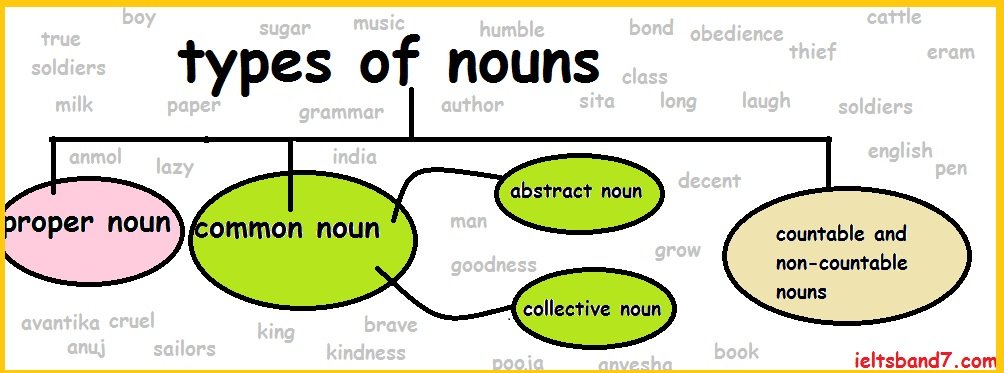Present Continuous Tense # Grammar For IELTS
What do we understand by just the word “present continuous tense”. Present means something that is happening now. Continuous means it is taking place at the time of saying the statement. Tense means time. Now, let us understand this form of tense.
When do you say, that the sentence is a present continuous tense?
- It is used to describe an action that is going at the time of speaking.
-
EXAMPLE-
- I am writing.
- She is reading.
- The batsman is hitting sixes.
- It can also be used for a temporary action that might not be happening at the particular moment.
-
EXAMPLE-
- I am reading mein kemf ( it means I am reading the novel these days, not now, it is in general)
- I am writing a novel about my love story.
- His is building a house for himself.
- It is also used to talk about something that we have planned to do in future.
-
EXAMPLE-
- I am going to Bangalore on coming Monday.
- The train will be arriving at 7:00 am.
- My uncle is arriving tomorrow.
- We use simple present to denote a habit. But if the habit is something which persist and someone continues to do it even after all the warnings, we use present continuous tense.
-
EXAMPLE-
- She is always reading a novel.
- My dog keeps running here and there in the road.
- His constantly eating will surely make him obese some day.




